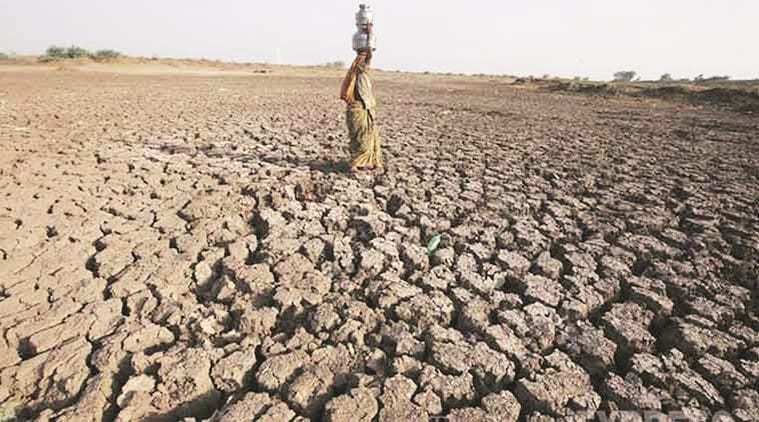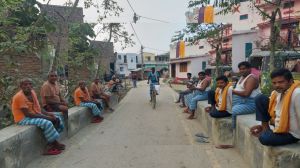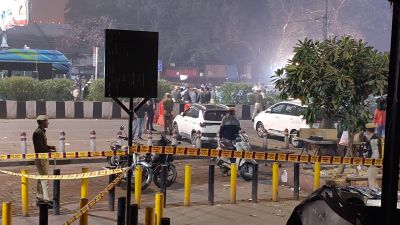14.6% people suffer from depression in Amravati villages: VISHRAM survey
Patel pointed out that Vidarbha has been in the news in the last two decades due to the large number of suicides in agricultural communities.
 By far, the most common mental conditions which contribute to this risk are depression and alcohol, and it was in this context that the VISHRAM project was launched in November 2011 with the goal of establishing a sustainable rural mental health program to address mental health issues in rural communities in Vidarbha.
By far, the most common mental conditions which contribute to this risk are depression and alcohol, and it was in this context that the VISHRAM project was launched in November 2011 with the goal of establishing a sustainable rural mental health program to address mental health issues in rural communities in Vidarbha.
In an attempt to understand the prevalence of depression among adults in rural communities and steps taken to address it, the Vidarbha Stress and Health Programme (VISHRAM) conducted a baseline survey at two talukas in Amravati and found 14.6 per cent people from a sample size of 1,456 suffer from depression.
The research was published on April 22 in the international journal ‘Social Psychiatry and Psychiatric Epidemiology’. Dr Vikram Patel, principal investigator of the study ‘Prevalence and treatment coverage for depression: A population-based survey in Vidarbha, India’ explained that the findings indicate psycho-social distress in rural communities in Maharashtra is strongly associated with social determinants such as gender, poverty and indebtedness, which affect the entire population and not just farmers.
Patel pointed out that Vidarbha has been in the news in the last two decades due to the large number of suicides in agricultural communities. However, beyond the problem of suicides in farmers, the findings of the Million Death Study (2012) suggest that it is mostly youths who commit suicides, with 40 per cent suicides in men and 56 per cent in women occurring between 15 and 29 years of age.
[related-post]
By far, the most common mental conditions which contribute to this risk are depression and alcohol, and it was in this context that the VISHRAM project was launched in November 2011 with the goal of establishing a sustainable rural mental health program to address mental health issues in rural communities in Vidarbha.
Hence, as part of the survey, a random sample size of 1,456 people (from the voters’ list) was included from Chandur Bazaar (population 49,451) and Dhamangaon (population 51,104) tehsils of Amravati district. The baseline community survey sponsored by Tata Trust was carried out during December 2013-March 2014 and a follow-up community survey was completed in August 2015-September 2015.
The Patient Health Questionnaire found at least 14.6 per cent (212 individuals) suffering from depression. The elderly, especially above 55 years of age, had seven times higher chances of depression compared to young adults. Females were 40% more likely to have depression compared to males.
“Just like Exit polls, if you interpret and extrapolate these findings to one lakh population, at least 14.6 per cent or every seventh adult is suffering from depression in this region,” Patel, who is a professor of international mental health at the London School of Hygiene and Tropical Medicine, and also coordinates Goa-based NGO Sangath, pointed out.
Of those interviewed, 75 (5.2%) responded that they have thought of taking their life in the last 12 months. Close to half of them (45.3%) suffered from depression at some point or the other, while 4 (5.3 %) of them had planned committing suicide in the last 12 months.








